Online yoga and homeschooling: Life under quarantine in Italy
As national crackdown to contain coronavirus gets under way, Italians tell us how they are changing their daily routine.
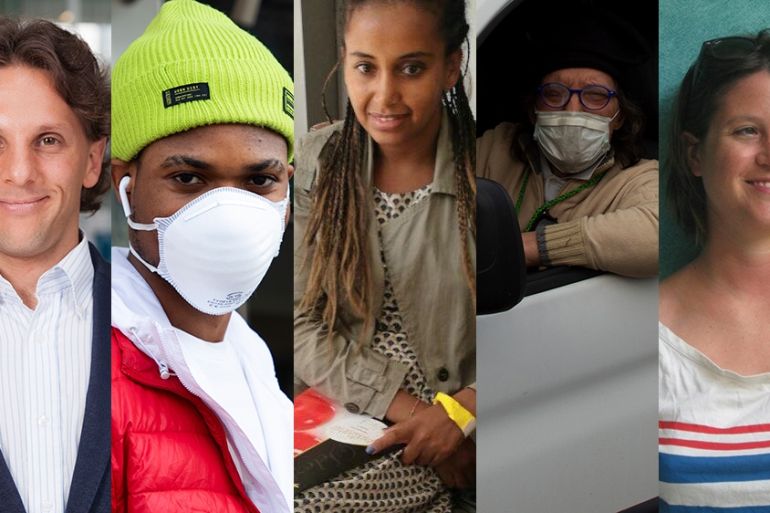
Rome, Italy – Late on Monday, Italian Prime Minister Giuseppe Conte announced a nationwide lockdown to limit the spread of coronavirus, which will be enforced until at least April 3.
“There won’t be a red zone,” Conte told reporters. “But there will be Italy, a whole protected zone.”
Keep reading
list of 3 itemsMix of worry and hope: Italian newspapers on coronavirus lockdown
‘I fear we will witness a very high number of deaths’
People will be allowed to travel only if there are “urgent, verifiable work situations and emergencies or health reasons”, he said.
Al Jazeera talked to several people in the country about their new normal.
‘I don‘t think the country will open again on April 3′
Stefania Pandakovic, 35, head of the book and manuscript department at a Milan auction house.
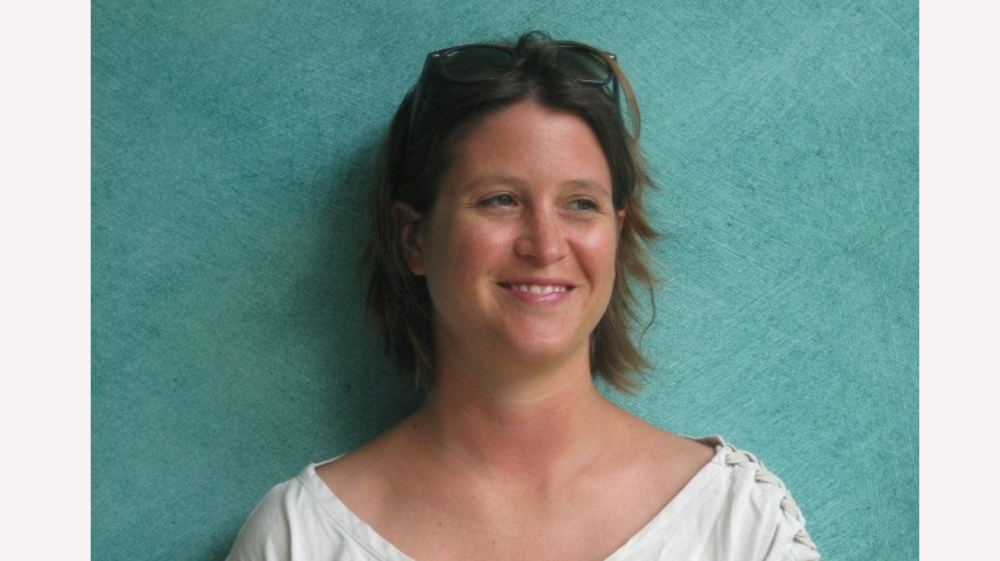
“I am showing my five-year-old daughter videos to explain what is happening. She understood this is something out of the ordinary as she stopped going to the kindergarten long ago. I told her there is a widespread flu, which transmits very quickly. I told her the flu doesn’t affect children, but that we need be extra careful for her grandparents. We are trying to establish a new routine to get the glimpse of a normal life.
“I just visited my parents, who also live in Milan, to show them how to buy groceries online and get it delivered to avoid going out, though delivery slots in supermarkets are often busy. I am worried about the lack of places for patients inside hospitals, especially if I think about my parents. I don’t think the country will open again on April 3 and that the epidemic will slow down any time soon.”
‘I have been attending yoga classes online’
Federico (not his real name), 43. Lives in Casalpusterlengo, one of the first areas put under lockdown two weeks ago.
“I went to hospital with my father for unrelated health issues. The hospital of Lodi looked like a sinking Titanic.
“I have been working from home and had all my meetings through Skype, talking to my girlfriend over WhatsApp and attending yoga classes online.
“Now that the original red zone has been lifted and the whole country is under lockdown, my daily habits won’t change. I will continue to stay home.
“I am mad at some people’s behaviour; we saw some running away from the enlarged red zone over the weekend or going to ski resorts. This was highly irresponsible and showed a lack of public spirit. I hope people have understood the seriousness of the situation we are in at the moment.”
‘I only went out a couple of times to buy groceries‘
Sessen Berhane Beraki, 32, from Asmara, Tigrinya translator and interpreter mostly for asylum seekers. Lives in Milan.
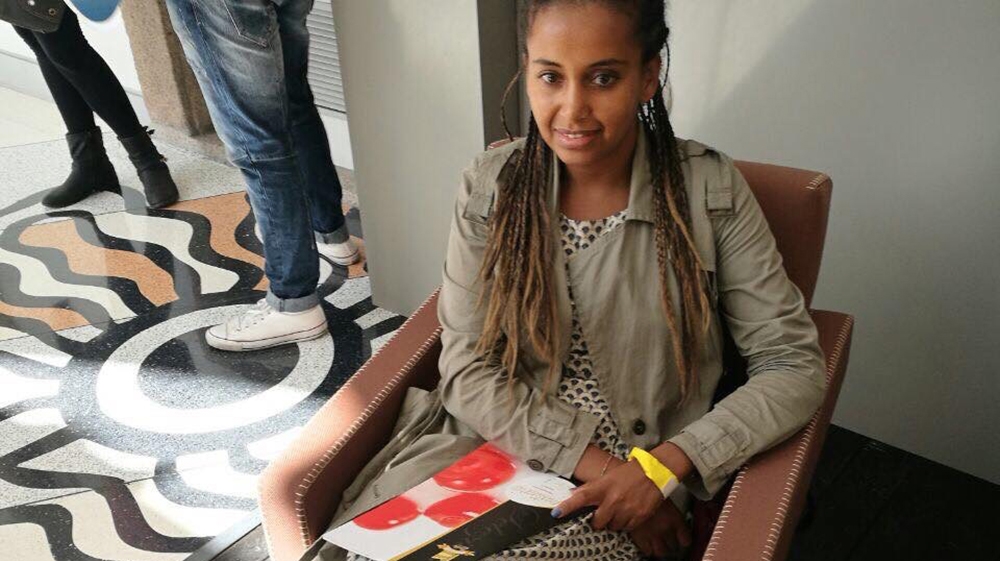
“I’ve been living in Milan for almost a decade and this is not the city I have come to know over the years. At times, it looks like a ghost city. In some streets you understand people still live there just because laundry hangs outside.
“I am scared that this seems to be spiralling out of control and that people might not get access to treatments any more.
“There is an overwhelming amount of information and one doesn’t know whom to believe.
“The epidemic is real. I am not wearing a mask but continuously wash my hands, which have become very dry. I only went out a couple of times to buy groceries.
“I am terrified at the idea that this might reach Eritrea. We lack basic medicines there. In Europe, at least, infrastructure, hospitals and medical staff are very well organised. We would never be able to overcome such a disaster back home.”
‘Venice has become a ghost town’
Gianfranco della Valle, coordinator at Italy’s hotline for victims of trafficking and/or exploitation. Lives in Venice.
“We witnessed a sort of schizophrenic communication in Veneto. We received directions from Rome, which were in turn softened by our regional representatives. This contributed to the general confusion.
“My children are home and attend classes online. They are not happy but are adapting. I drastically reduced social contact. Until the weekend, especially the youth were seen around Venice drinking aperitifs in crowded places in the evening, as if nothing happened. Now it seems people are starting to understand the seriousness of the situation we are all in.
“We stopped providing our services to the people we assist on the street to protect our staff. But we translated health instructions for them on how to cope amid the crisis and personally called them on the phone, still keeping our medical support services open in case of emergencies.
“Venice has become a ghost town. For a city that just lives off tourism this is a dramatic situation.”
‘We have [relatively] free mobility and shops are still open’
Diego Ubfal, 39, assistant professor at Bocconi University in Milan, originally from Argentina.
“Measures were initially weak, merely recommending people to limit interaction in a few areas. This led some people to play down the infection and others to panic. More draconian measures have been implemented over time, and little by little people started to gauge the gravity of the situation.
“Still, we have a [relatively] free mobility at the moment and shops are still open. The latest news is that a full closure of all non-essential activities has been proposed.
“I stopped having dinner outside since the epidemic started in Codogno.
“Two weeks ago, the university I work for gave us instructions on how to teach online. Meanwhile, all meetings and seminars have been suspended. Everything is carried out online. I still go to work on campus because of the instruments available there but the class is empty and I am isolated in my office. The majority of the students are connecting to the university’s platform at the same time.”
‘It feels like the government closed the stable door after the horse bolted’
Giancarlo Genta, 55, shop owner. Lives in Asti.
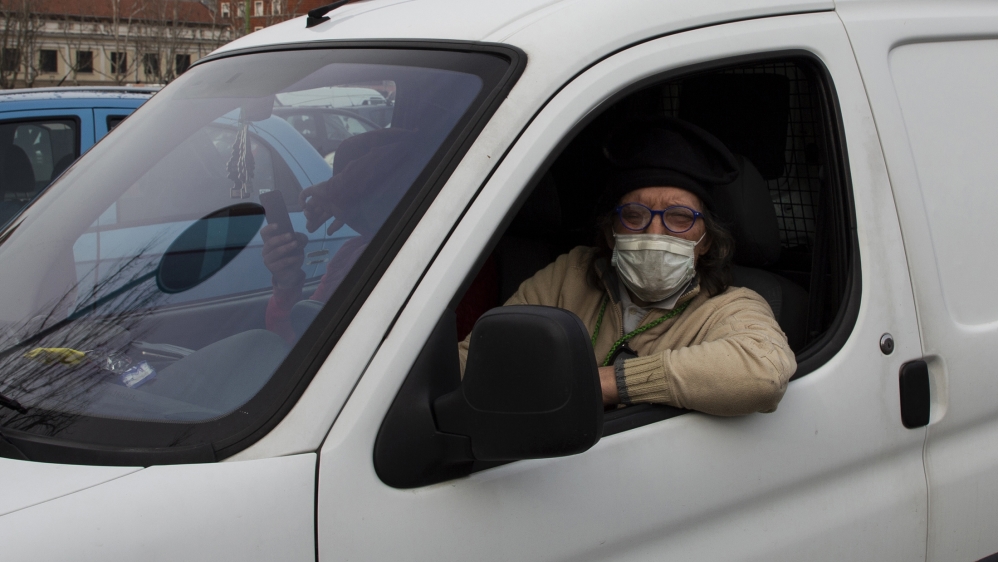
“I wear a mask because I was involved in a serious accident years ago and spent six months in a coma. I am a subject at risk. The new measures have had a direct effect both on my personal and business lives. People are frightened to leave their home and go shopping. Probably the latest containment measures are a bit exaggerated as we heard many saying this was just a bit more than a flu. Who would have thought about such an escalation? Now, all of a sudden it sounds like we are all going to die.
“Still, I adapted to the new measures. I rarely go out, I wear a mask. My mother is old and used to live with me but I took her to my sister’s after Asti was declared a red zone over the weekend.
“I stopped meeting up with friends. We talk on the phone a lot. Police made me close my shop yesterday at 6pm. Sharp. It’s strange to be taking such measures now; it feels like the government closed the stable door after the horse bolted.”
‘My flatmate and I don’t even stay close to one another at home’
Steven Eromonsle, 21, originally from Nigeria. In Italy for the past four years. Lives in Turin.
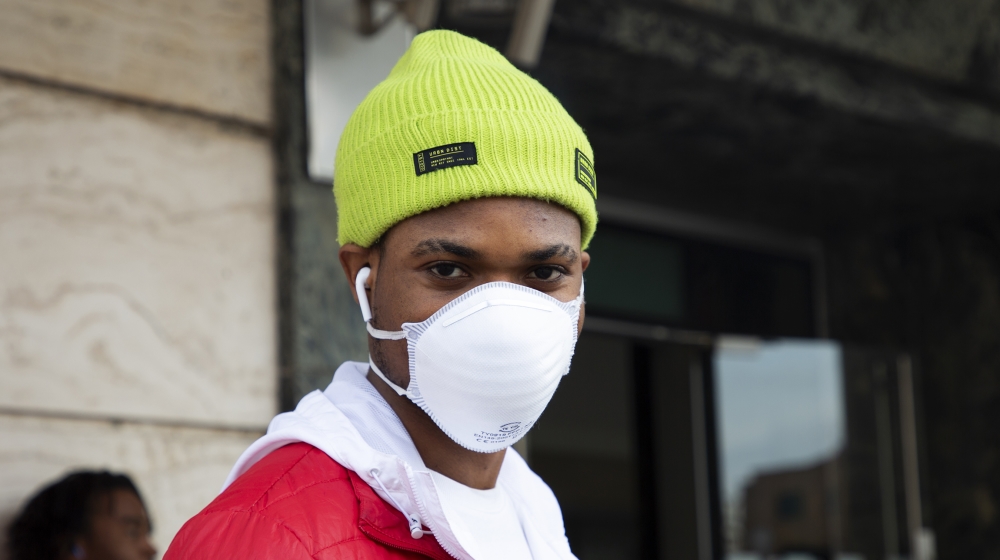
“I am afraid of being infected, so I stay far from other people, wear a mask and continuously wash my hands. I share a flat with a friend of mine and he is also strictly sticking to the new health regulations and precautions. We don’t even stay close to one another at home.
“For now, I am not afraid about this epidemic reaching my native country, Nigeria. I am more worried about Italy, the country that is hosting me and where I work.
“I am employed in a supermarket in Turin. Our boss gave us gloves to wear all the time during shifts since late February, telling us to respect a safety distance among employees.”